 In the town of Vijlen in the southeasternmost part of the Netherlands, the local bank has shut down all the ATM machines. That is why resourceful villagers have started taking a local tuk-tuk service to Mechelen, 3 miles down the road, to get their cash, Nieuws.nl wrote last Tuesday.
In the town of Vijlen in the southeasternmost part of the Netherlands, the local bank has shut down all the ATM machines. That is why resourceful villagers have started taking a local tuk-tuk service to Mechelen, 3 miles down the road, to get their cash, Nieuws.nl wrote last Tuesday.
The tuk-tuk, ran by a local volunteer organisation called Traag Heuvelland, has been operational for over two years. Originally it was used to cart tourists around, but these days it is popular with the local elderly in a quickly ageing area of the Netherlands.
The tuk-tuk operators have dubbed their service the ‘pinpendel’ due to its use as a bus service to and from an ATM machine. Viktor Terpstra told Nieuws.nl: “We can take six passengers at a time. The ride takes about half an hour both ways including the money stop. There is a café at the start of the route so that people who missed the tuk-tuk the first time around can have a cup of coffee while they wait.”
Rabobank closed ATM machines in eight villages in the South of Limburg last November because the machines weren’t used often and were difficult to secure against ‘ramkraken’ (ram-raiding).
(Photo of a tuk-tuk in China by Chris Moss , some rights reserved)

 Yesterday a trio of Dutch skaters swept the podium at the 2014 Winter Olympics. They were the third trio of Dutch skaters to do so these Olympic Games.
Yesterday a trio of Dutch skaters swept the podium at the 2014 Winter Olympics. They were the third trio of Dutch skaters to do so these Olympic Games.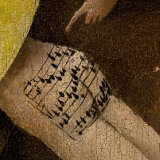 Tumblrer Chaoscontrolled123 decided to transcribe the music written across the buttocks of one of the characters in Hieronymus Bosch’ famous painting The Garden of Earthly Delights. You can
Tumblrer Chaoscontrolled123 decided to transcribe the music written across the buttocks of one of the characters in Hieronymus Bosch’ famous painting The Garden of Earthly Delights. You can  The Blijdorp zoo in Rotterdam
The Blijdorp zoo in Rotterdam  An app that helps
An app that helps 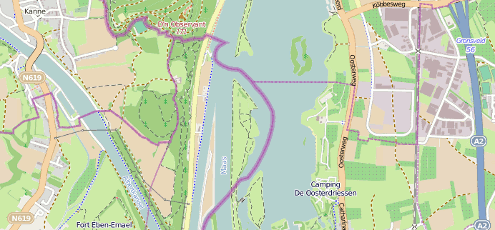
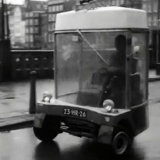 The video shown here from the Netherlands Institute for Sound and Vision contains a short news item about the Witkar (literally White Car) invented by famous provo Luud Schimmelpennink.
The video shown here from the Netherlands Institute for Sound and Vision contains a short news item about the Witkar (literally White Car) invented by famous provo Luud Schimmelpennink. 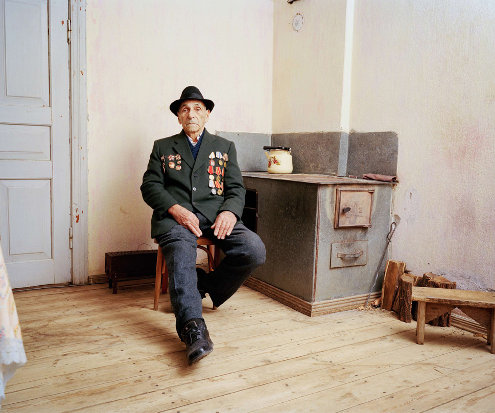
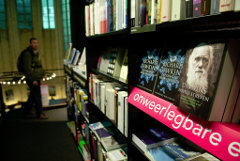 The twenty Dutch book stores of the Polare chain have closed their doors—temporarily, they say.
The twenty Dutch book stores of the Polare chain have closed their doors—temporarily, they say.  City council members of Zwijndrecht near Rotterdam have taken to mocking the amateurs who entered a municipal contest for painting a state portrait of the new king, Willem-Alexander.
City council members of Zwijndrecht near Rotterdam have taken to mocking the amateurs who entered a municipal contest for painting a state portrait of the new king, Willem-Alexander.